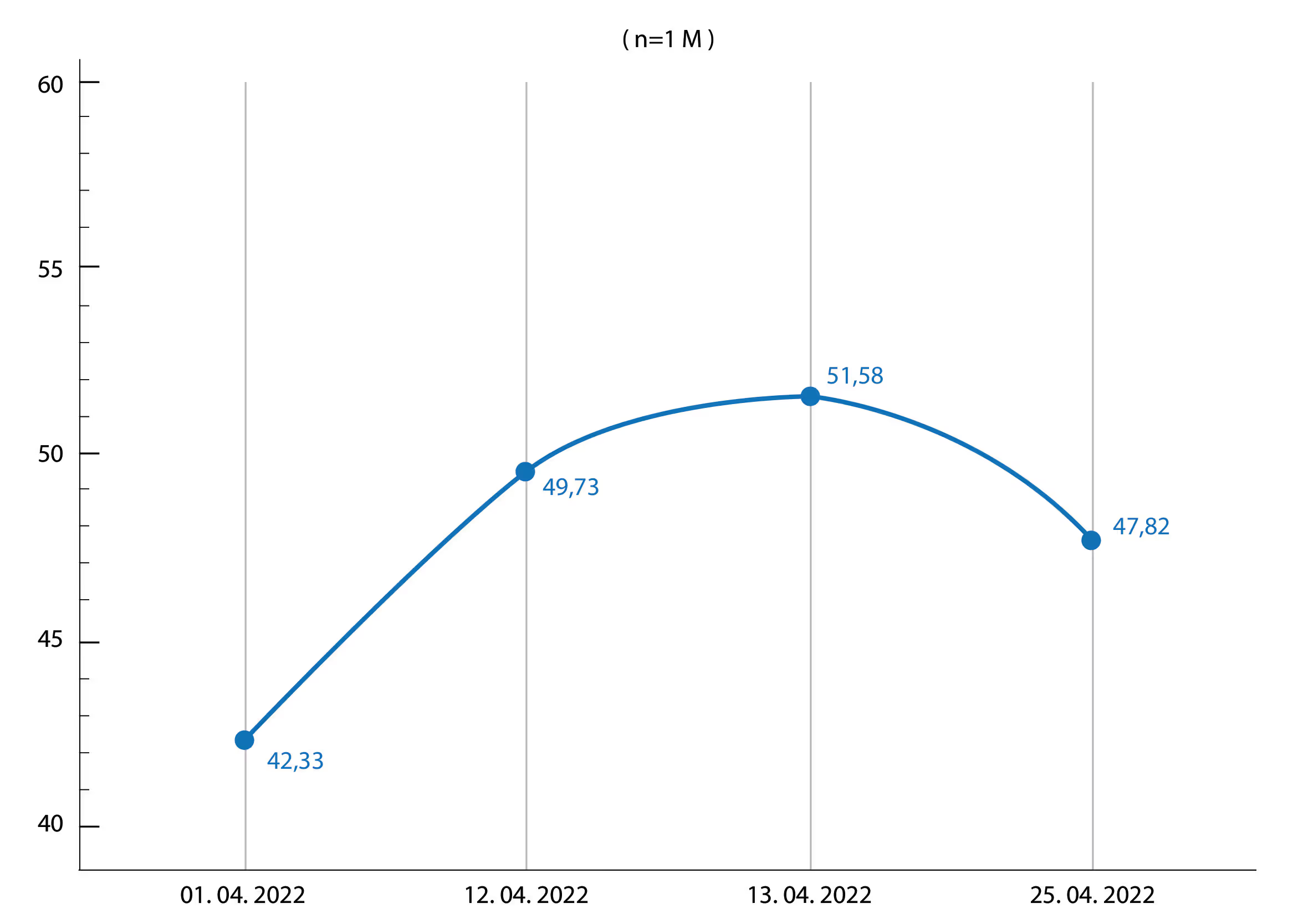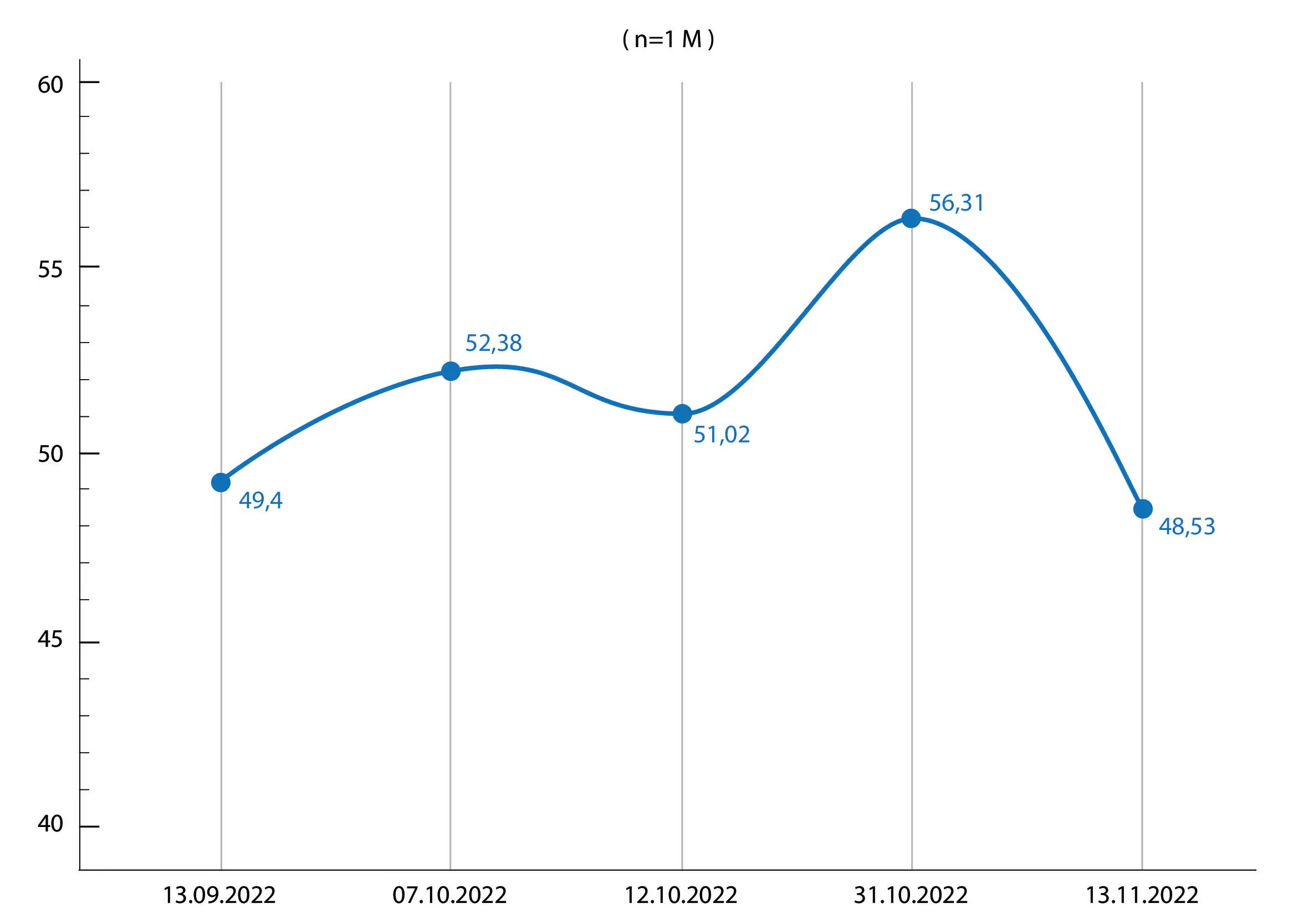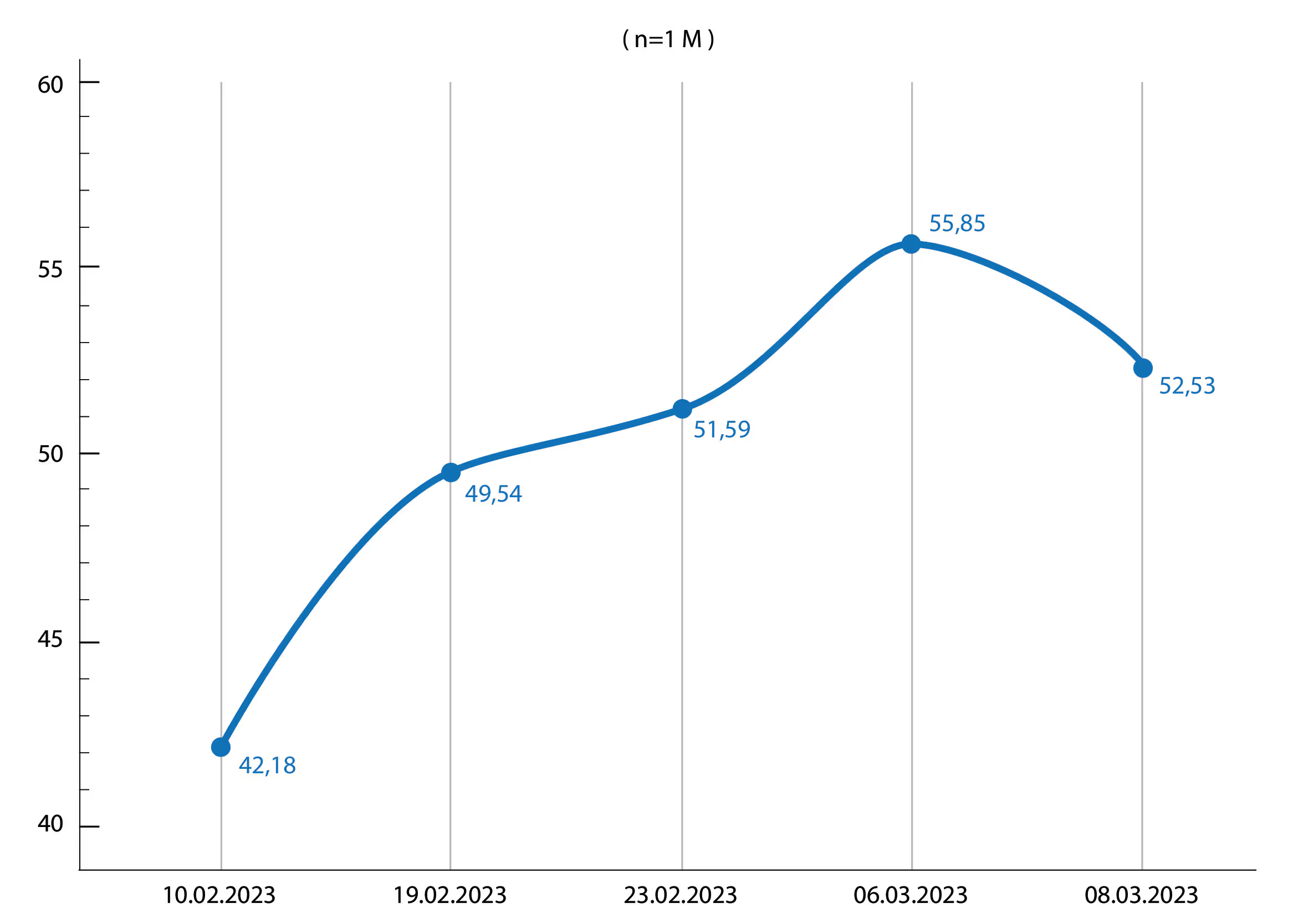Missed our last epiAge Experience post on stopping smoking? Here you go... No idea what the epiAge Experience is all about? Start here!
Today we want to take you on an eggshell walk. Over the past three years, the Covid-terrain has been so deeply mined than we don’t want to go out too far on a limb. Indeed, preliminary questions start with how was Covid-19 diagnosed (rapid test? PCR?), what symptoms (if any) were experienced, what was the health and vaccination status prior to infection, how old were the individuals, and so on and so forth…
Nevertheless, our anecdotal evidence – not to mention our support experience – seems to repeatedly point to a familiar pattern. A few days before the actually felt or symptomatic outbreak, epigenetic age starts climbing steeply: from a few years to a whole decade are not uncommon. As the illness takes its course, biological age remains high and seems to correlate with the severity of symptoms. But as recovery sets in, the curve usually slowly returns towards baseline. Here again, the process is very individually timed since it can be relatively rapid (e.g. over a month) but can also take much longer. And in so-called Long Covid cases, it remains to be seen if biological age ever returns to baseline. At this point in time, reasons for these discrepancies can only be speculated upon, but it seems conceivable that age and overall health prior to infection can play a role – even if we all witnessed countless exceptions.
These findings seem to overlap with the – as yet – limited research on the relationship between Covid-19 and biological age acceleration (cf. e.g., Poganik, Horvath & al. 2023; Pang & al., 2022; Mongelli & al., 2021). However as pointed out in the last two articles, the effects of Covid on epigenetic ageing can diverge widely according to the age cohort of the patient. Moreover, the choice of biological clocks (first vs. second or later generations) enrolled in the monitoring of biological ageing seems to have a significant impact on results (cf. e.g., Guo & al., 2023).
Our test-persons this time (n=2; M + F) experienced Covid-19 repeatedly over the past couple of years (hence in different variants) – as is to be expected from an epidemic that has become endemic. Biological age monitoring was carried out routinely with our robust epiAge test and was not warranted by the disease outbreak, enabling the insight that biological age seems to accelerate before the person actually feels ill. This represents our little “bonus discovery” since in most studies relating to Covid and biological ageing, subjects were not subjected to biological age testing prior to being diagnosed with Covid-19.




Have you experienced biological age acceleration when contracting Covid-19? As always,we are curious about your experiences!
And we’re not quite “done” with Covid yet… so stay tuned for our next intriguing episode!
+++
References
All online references last accessed on 02.08.2023
Jesse R. Poganik, Bohan Zhang, Gurpreet S. Baht, Alexander Tyshkovskiy, Amy Deik, Csaba Kerepesi, Sun Hee Yim, Ake T. Lu, Amin Haghani, Tong Gong, Anna M. Hedman, Ellika Andolf, Göran Pershagen, Catarina Almqvist, Clary B. Clish, Steve Horvath, James P. White, Vadim N. Gladyshev, „Biological age is increased by stress and restored upon recovery“, Cell Metabolism, Volume 35, Issue 5, 2023, 807-820.e5, https://doi.org/10.1016/j.cmet.2023.03.015. Online: https://www.sciencedirect.com/science/article/abs/pii/S1550413123000931
Pang APS, Higgins-Chen AT, Comite F, Raica I, Arboleda C, Went H, Mendez T, Schotsaert M, Dwaraka V, Smith R, Levine ME, Ndhlovu LC, Corley MJ. Longitudinal Study of DNA Methylation and Epigenetic Clocks Prior to and Following Test-Confirmed COVID-19 and mRNA Vaccination. Front Genet. 2022 Jun 3;13:819749. doi: 10.3389/fgene.2022.819749. Online: https://www.ncbi.nlm.nih.gov/pmc/articles/PMC9203887/
Mongelli A, Barbi V, Gottardi Zamperla M, et al. Evidence for Biological Age Acceleration and Telomere Shortening in COVID-19 Survivors. International Journal of Molecular Sciences. 2021; 22(11):6151. Published 2021 Jun 7. doi: 10.3390/ijms22116151. Online: https://www.ncbi.nlm.nih.gov/pmc/articles/PMC8201243/
Illustration
Andrea Piacquadio / pexels
 Back to all posts
Back to all posts